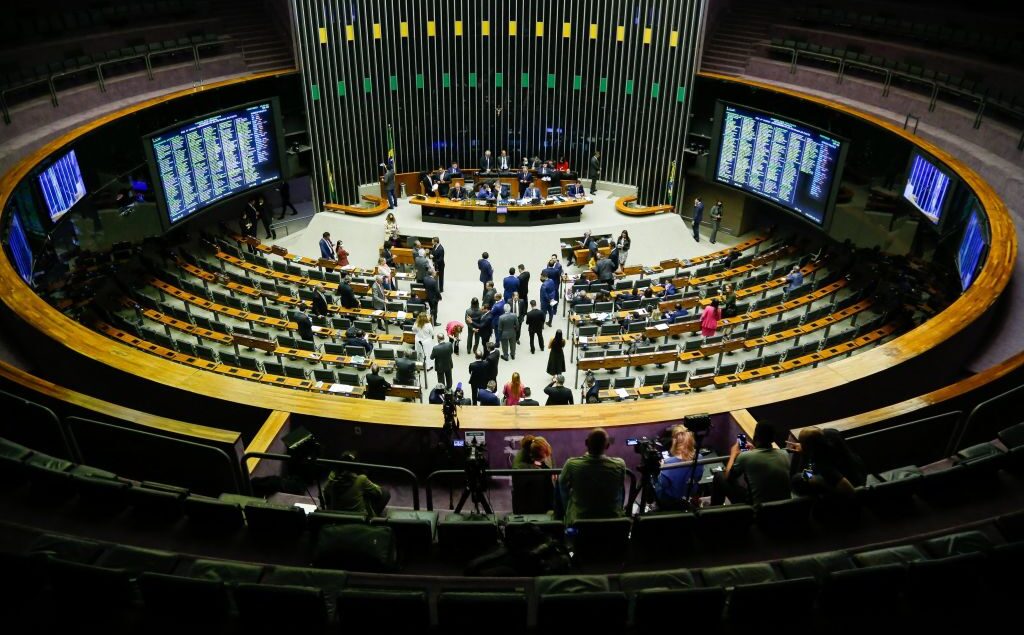Brazilian Provisional Measure Receives Over 40 Amendments

President Lula da Silva of Brazil signed Provisional Measure 1182 on July 25th. The measure, which includes an 18% tax on gambling operators and other regulations related to the industry, has already garnered more than 40 requests for amendments. Legislators have 120 days to review the measure.
Distribution of tax revenue
Numerous proposed amendments focus on the distribution of tax revenue. Currently, the funds are divided in the following manner: 10% for Social Security, 2.55% for the National Public Security Fund (FNSP), 0.82% for Basic Education, 3% for the Ministry of Sports, and 1.63% for the National Sports System, which encompasses clubs and athletes.
A proposal has been made by lawmaker Julio Cesar Ribeiro to distribute the funds allocated to the Ministry of Sports among the sports secretariats of the states and Federal District. If approved, the ministry would receive 2% of the total collection, while the secretariats would receive 1%.
Different proposals
A proposal by Deputy Cabo Junio Amaral from Minas Gerais suggests raising the share allocated to the National Public Security Fund from 2.55% to 4.55%. The fund would have the responsibility of regulating sports betting firms. This would result in these companies keeping 80% of their total revenues instead of the current 82%, with the remaining percentage being directed to the agency associated with the Ministry of Justice and Public Security.
Congresswoman Rosângela Moro has proposed an amendment that would allocate 50% of the funds designated for the Ministry of Sports to the Brazilian Paralympic Committee (CPB).
Congressman Fred Costa is pushing for a provision that would mandate sports betting apps and websites to report any suspected cases of result manipulation to the Public Prosecutor’s Office. This move is aimed at improving the fairness and integrity of sports betting operations in the country, and goes beyond just tax collection matters.
The Ministry of Finance, headed by Fernando Haddad, estimates that the new tax will result in a collection of BRL 2 billion (approximately $420 million). However, they anticipate that this figure could increase to BRL 12 billion (around $2.5 billion) annually over time.
